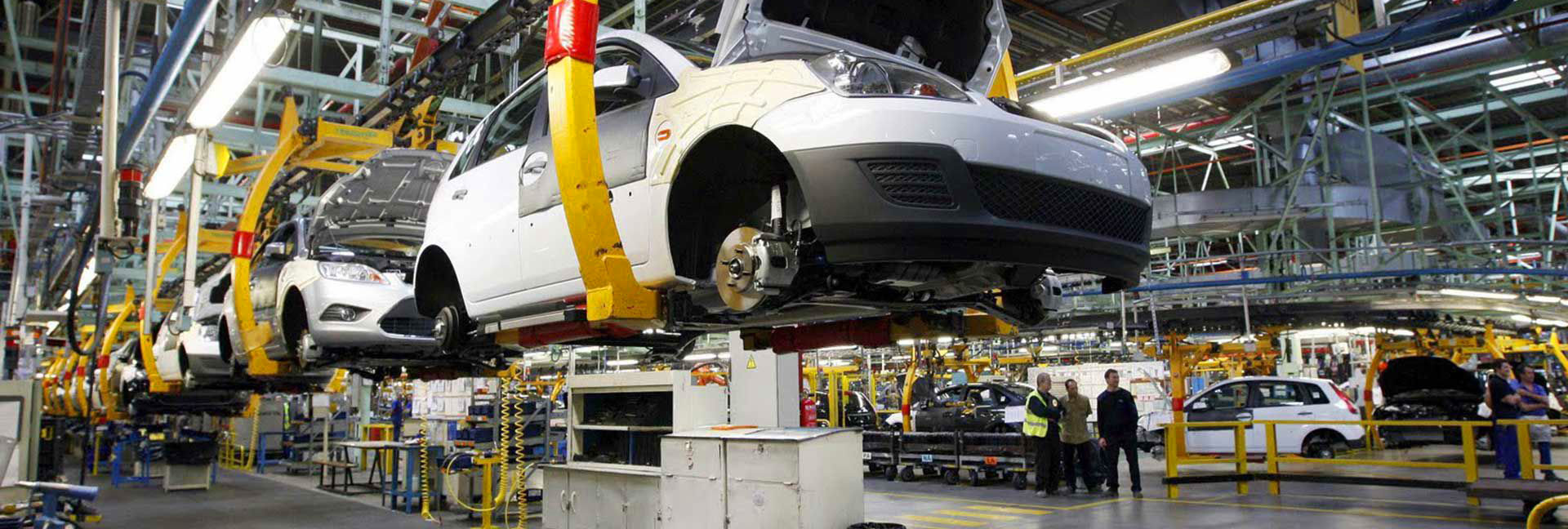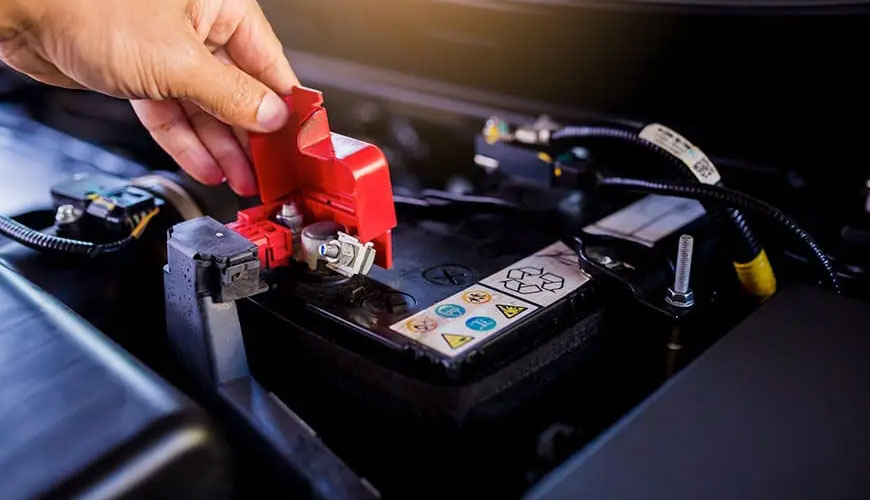

EUROLAB, with its state-of-the-art accredited laboratories and expert team, offers precise and rapid testing services within the scope of EN 50342-5 testing. This European Standard covers multi-cell battery housings manufactured from polypropylene as the preferred material for lead-acid batteries as energy storage devices for starting combustion engines, lighting and in additional equipment used in road vehicles. All of these batteries are called starter batteries.

This European Standard describes battery enclosures for batteries that can be used in the engine compartment and for installation under conditions protected from light. Batteries in this European Standard do not provide additional features for special protection from light. Therefore, batteries that provide limited protection from light should be treated as a special case. The aim of this European Standard is to describe the characteristics of battery housings used in combustion vehicles by means of uniform inspection procedures and by defining requirements for raw materials and complete parts.
The purpose of this test is to ensure that there will be no deterioration in the PP material during the normal battery life, even at high temperatures that may occur in hot climate regions or in batteries mounted near the engine. Deterioration over battery life will result in damage to the container and loss of acid.
Testing is preferably done with welded mannequins, but containers and lids can also be used. The parts are placed in a heating cabinet. Direct contact of parts on walls or mats should be avoided, and insulation spacers made of wood or heat-resistant poly material should be used. The parts are placed in a heating cabinet and exposed to circulating air of 150 ± 2°C.
After 300 hours of exposure (or 400 hours for materials with high heat stability) the parts need to be removed from the cabinet and cooled to room temperature for 24 hours. Examination and testing can be done after 24 hours. Requirements: Visual and manual inspection should not detect thermal decomposition, brittleness or cracks.
EUROLAB assists manufacturers with EN 50342-5 test compliance. Our test experts, with their professional working mission and principles, provide you, our manufacturers and suppliers, the best service and controlled testing process in our laboratories. Thanks to these services, businesses receive more effective, high-performance and quality testing services and provide safe, fast and uninterrupted service to their customers.
To get an appointment, to get more detailed information or to request an evaluation, you can ask us to fill in our form and reach you.